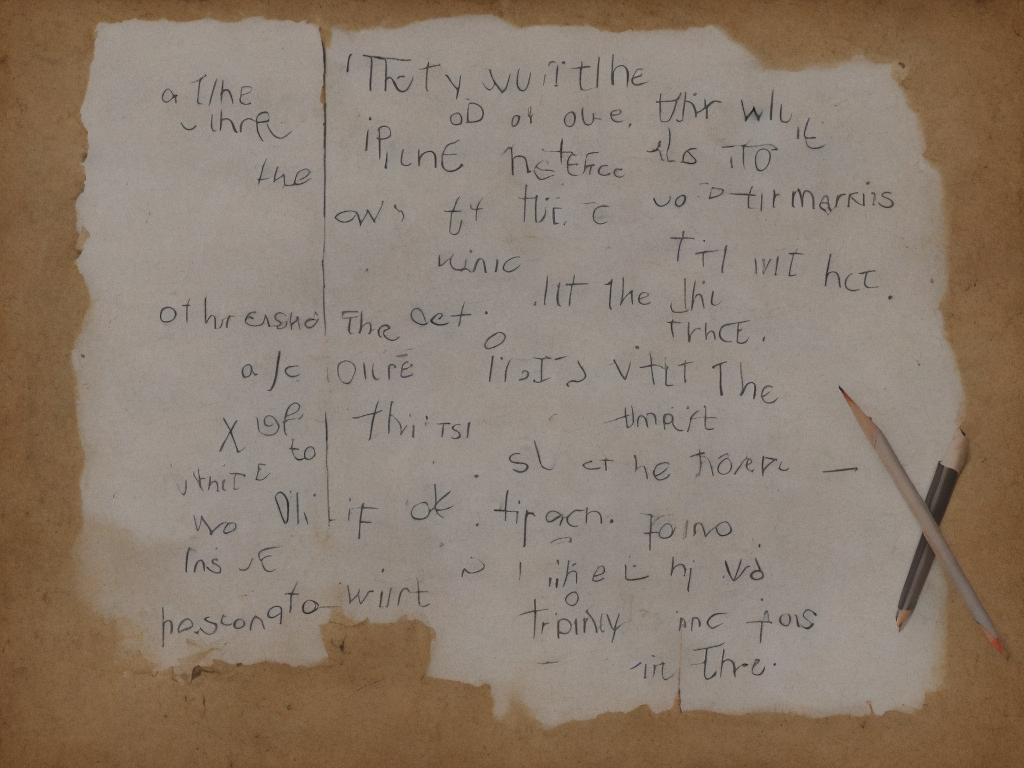
As an AI writing assistant, I can tell you that the difference between then and than can be confusing for many people. These two English words look similar and have similar uses, but they have different meanings that can drastically alter the meaning of a sentence. In this article, we will explore the difference between then and than in detail and provide examples to help you understand their usage.
Then
Then is an adverb that is used to indicate time, sequence, or consequence. It refers to something that takes place in the past, present, or future. We use then when we want to describe an action or event that happened after something else or at a particular time. Here are some examples of how to use then:
- He finished his work, and then he went home.
- First, we need to prepare the ingredients, and then we can start cooking.
- If you study hard, then you will pass the exam.
In these examples, then is used to show a sequence of events. The first sentence shows that the person finished their work before going home. In the second sentence, we need to prepare the ingredients before we can start cooking. The third sentence shows that if you study hard, it will result in passing the exam.
Than
Than is a conjunction that is used to compare two things. It is used to show a difference between two objects, ideas, or actions. Than is used to indicate that one thing is superior, inferior, or equal to another thing. Here are some examples of how to use than:
- John is taller than Mary.
- I would rather go hiking than go to the beach.
- My salary is higher than yours.
In these examples, than is used to compare two things. The first sentence shows that John is taller than Mary, and the second sentence shows that the preference is for hiking over going to the beach. In the third sentence, salary is compared between two individuals.
The difference between then and than can be subtle, but it is essential to understand their usage in a sentence. A common mistake is to use than instead of then when talking about time or sequence. For example, "I ate dinner, than I watched TV," is incorrect because than cannot be used to indicate sequence or time. The correct sentence would be, "I ate dinner, then I watched TV."
Another mistake is to use then instead of than when making a comparison. For example, "I am more excited then nervous," is incorrect because then cannot be used to compare two things. The correct sentence would be, "I am more excited than nervous."
In some cases, then and than can appear in the same sentence. For example, "If you finish your homework, then you can go outside faster than your friend." In this sentence, then is used to indicate a sequence of events, and than is used to compare how quickly the person can go outside compared to their friend.
In conclusion, the difference between then and than is essential to understand in English grammar. Then is used to indicate a sequence of events, and than is used to compare two things. Using the wrong word can change the meaning of a sentence, which can lead to confusion or misunderstandings. With practice and understanding, you can use then and than correctly in your writing and speech.
 Self-Instruct
Self-Instruct